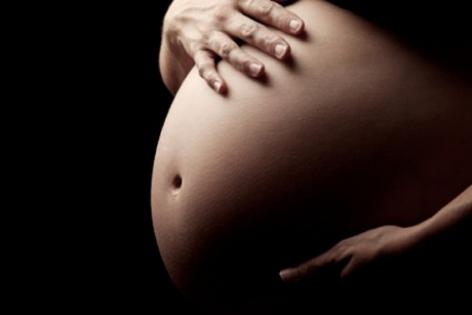The survey of 235 pregnant women in Australia, New Zealand and Italy found twins born at 37 weeks were less likely to be small for their gestational age compared to those born at 38 weeks.
Study author Professor Jodie Dodd from the University of Adelaide's Robinson Institute and the Women's and Children's Hospital Adelaide said twin pregnancies carried the risk of a slow growth rate in one or both infants.
This could result in low birth weight and the increased need for specialist neonatal care in the short term, and heart disease and diabetes in the long term, Prof Dodd said.
The study found that electing to give birth at 37 weeks, by inducing labour for a natural birth or choosing a caesarean section, reduced the risk of serious complications for babies.
The findings support the Royal College of Obstetricians and Gynaecologists guidelines released in September 2011, which recommend the optimal time to deliver uncomplicated twin pregnancies is 37 weeks.
Prof Dodd said the study started recruiting women in 2003, well before the guidelines were put in place.
"At that time, there was a lot of uncertainty about the best way or the best time for women to have their babies when they have an uncomplicated twin pregnancy," Prof Dodd said.
Some clinicians previously advocated women have their babies at 37 weeks, while others suggested waiting until 38 or 39 weeks, she said.
A normal full-term pregnancy is 40 weeks.
"The study was designed to address some of that clinical uncertainty about what was the optimal time for women with an uncomplicated twin pregnancy to have their babies at term," Prof Dodd said.
She said the study did not recommend elective caesarean section or vaginal births, with the decision left to women and their caregivers.
The study was published on Wednesday in the British Journal of Obstetrics and Gynaecology.









__small.jpg)








__small.png)










